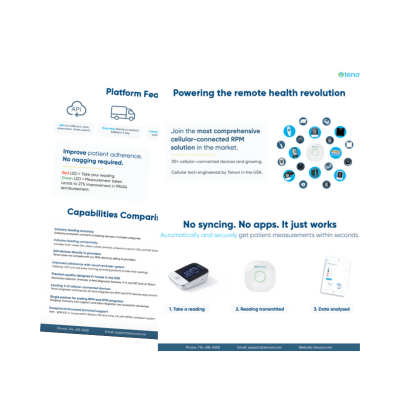Value-based care in oncology is gaining traction as a model that emphasizes patient outcomes and cost-efficiency. One of the critical challenges within this framework is managing inpatient admissions, particularly for oncology patients who often require extensive hospital stays.
Value-based care is a key quality strategy in healthcare reform that prioritizes improving care quality over quantity. This model rewards providers for enhancing patient health, preventing chronic illness, and promoting healthier living. Telehealth supports this by enabling remote patient access to healthcare.
A recent study published in the Journal of Clinical Oncology explores how combination machine learning (ML) models can predict and potentially reduce hospital length of stay (LOS) for oncology patients, offering promising insights for enhancing value-based care programs.
Research in Value-Based Care in Oncology
Srisairam Achuthan and colleagues’ study focuses on five major cancer types: lung cancer, multiple myeloma, lymphoma, small intestinal/colorectal cancer, and high-risk breast cancer. These types account for approximately 50% of inpatient admissions and hospital days. The research aimed to classify and predict LOS using ML models, with the ultimate goal of reducing the length of stay to minimize hospital-acquired conditions and associated costs, thereby supporting value-based care in oncology.
Methodology
The researchers employed two machine learning models to support value-based care in oncology:
- Model1: A multi-classification model (eXtreme Gradient Boosted Trees Classifier) to classify LOS into four categories:
- Class 1: 1-3 days
- Class 2: 4-8 days
- Class 3: 9-15 days
- Class 4: More than 15 days
- Model 2: A regression-based model (eXtreme Gradient Boosted Trees Regressor with Early Stopping) to predict LOS for Classes 1-3. Class 4 was excluded from this model due to its wide range of LOS (16-90+ days).
The training data comprised 4,280 randomly selected IP admissions for Model1 and 19,636 IP admissions for Model2, both utilizing 102 features.
Results
The models were tested on new claims data, revealing significant findings that support value-based care in oncology:
- Model 1: Predicted 296 out of 3,945 IP admissions as Class 4, with 88 true positives. This model suggested that a 10% reduction in LOS could lower the overall LOS by 1-3% for most practices.
- Model 2: Used to predict LOS for 3,649 IP admissions from Classes 1-3. The difference between actual and predicted LOS was 18%-24%. By setting the target LOS to be the predicted LOS plus an upper bound of at least 10%, the study achieved LOS reductions of 6%-16% across different practices.
Combining the results from both models, the potential reduction in length of stay ranged from at least 6% to at most 19%, highlighting significant implications for value-based care in oncology.
Implications for Value-Based Care in Oncology
This study underscores the value and potential of machine learning models in value-based care in oncology, particularly where patient management is complex and costly. By accurately predicting and subsequently reducing the length of stay, healthcare providers can enhance patient outcomes while simultaneously lowering costs.
Cost Reduction and Quality Improvement
Reducing LOS decreases hospital costs and minimizes the risk of complications such as hospital-acquired infections. This aligns with the core principles of value-based oncology care, prioritizing high-quality care and efficient resource utilization. Furthermore, shorter hospital stays improve patient satisfaction and recovery outcomes, contributing to the overall success of value-based care programs.
Future Directions
The study opens avenues for further research, particularly in developing re-admission prediction models. By predicting and preventing re-hospitalizations, healthcare providers can ensure continuity of care, further enhancing the efficiency and effectiveness of value-based care in oncology.
Understanding Value-Based Care in Oncology
Integrating advanced ML models to predict and manage hospital LOS significantly advances oncology care within value-based frameworks. As demonstrated by Achuthan et al., these models provide actionable insights for reducing LOS and pave the way for broader applications in healthcare. Embracing such innovative technologies is crucial for the continued evolution of value-based care in oncology, ultimately leading to better patient outcomes and sustainable healthcare systems.
For more detailed information, you can refer to the full study published in the Journal of Clinical Oncology here.


